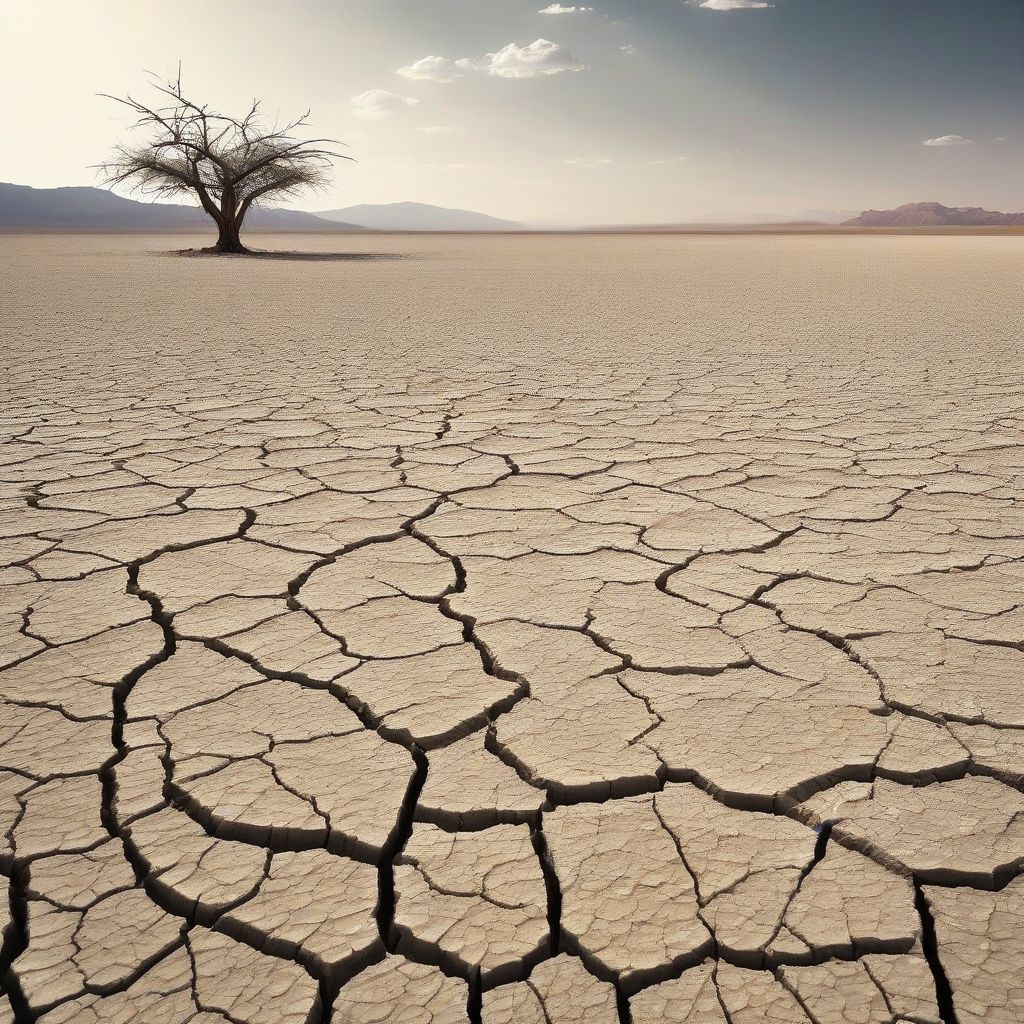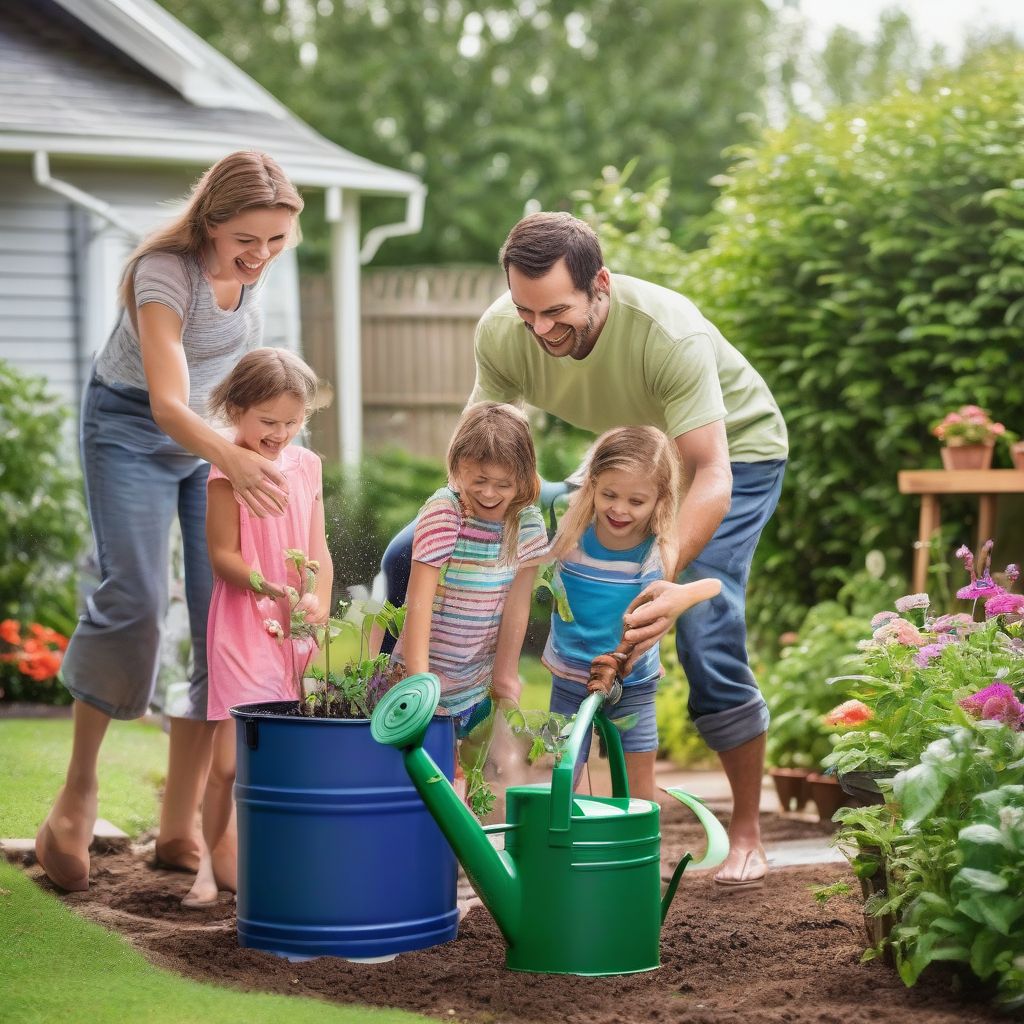Imagine a future where lush gardens thrive with minimal water, where glistening faucets whisper instead of roar, and where your ecological footprint makes you proud. This isn’t a scene from a utopian novel; it’s the reality of a green home that prioritizes water conservation.
As a nutritionist and meal prep coach, I understand the importance of sustainable practices. Just like choosing fresh, local produce minimizes environmental impact, conserving water within our homes is crucial for a healthier planet. But it goes beyond simply “saving water.” It’s about understanding the interconnectedness of our actions and their ripple effects on the environment.
Why Water Conservation Matters in a Green Home
A green home is designed to minimize its environmental impact, and water conservation is a cornerstone of this philosophy. Here’s why:
1. Preserving a Precious Resource
Water covers over 70% of our planet, yet less than 3% is freshwater suitable for human use. Of that, a tiny fraction is readily accessible. As populations grow and climate change intensifies, freshwater sources are increasingly strained.
Did you know? The average American family uses more than 300 gallons of water per day at home.
 Water Scarcity in Arid Region
Water Scarcity in Arid Region
2. Reducing Energy Consumption
Water treatment and distribution are energy-intensive processes. From pumping water from distant sources to heating it for our showers, our water usage has a significant carbon footprint. By using less water, we directly reduce our energy consumption and greenhouse gas emissions.
3. Protecting Ecosystems
Excess water runoff from our homes often carries pollutants like fertilizers and pesticides, harming aquatic life and degrading water quality. By minimizing runoff, we protect our waterways and the delicate ecosystems they support.
Simple Yet Effective Water Conservation Strategies
The good news is that even small changes can make a big difference. Let’s explore some practical and impactful ways to conserve water in your green home:
1. Upgrade to Water-Efficient Fixtures
Low-Flow Showerheads and Faucets: These simple swaps can significantly reduce water usage without compromising water pressure. Look for the WaterSense label, which certifies products that meet EPA efficiency standards.
Dual-Flush Toilets: These toilets offer the option of using less water for liquid waste, resulting in substantial savings over time.
2. Be Mindful of Everyday Habits
Shorter Showers: Aim for five-minute showers or less.
Turn Off the Tap While Brushing: You’d be surprised how much water is wasted by letting the faucet run.
Fix Leaks Promptly: A dripping faucet can waste gallons of water per day.
Water Plants Wisely: Water your garden during cooler hours to minimize evaporation. Consider using a rain barrel to collect and reuse rainwater.
 Family Watering Garden with Rain Barrel
Family Watering Garden with Rain Barrel
3. Embrace Water-Wise Appliances
Energy-Efficient Dishwashers and Washing Machines: Look for models with high energy and water efficiency ratings.
4. Greywater Systems (For the Eco-Enthusiast)
For those seeking more advanced solutions, greywater systems collect and reuse water from showers, sinks, and washing machines for irrigation and toilet flushing.
Water Conservation: A Ripple Effect of Positive Change
Incorporating water conservation practices into your green home is more than just a responsible choice – it’s a commitment to a more sustainable future. By making mindful decisions about our water usage, we contribute to a healthier planet for ourselves and generations to come.
Let’s remember, every drop counts!
What are your favorite water conservation tips?
Share your thoughts and ideas in the comments below! Let’s inspire each other to make a positive impact.
[amazon bestseller=”rain barrel”]
